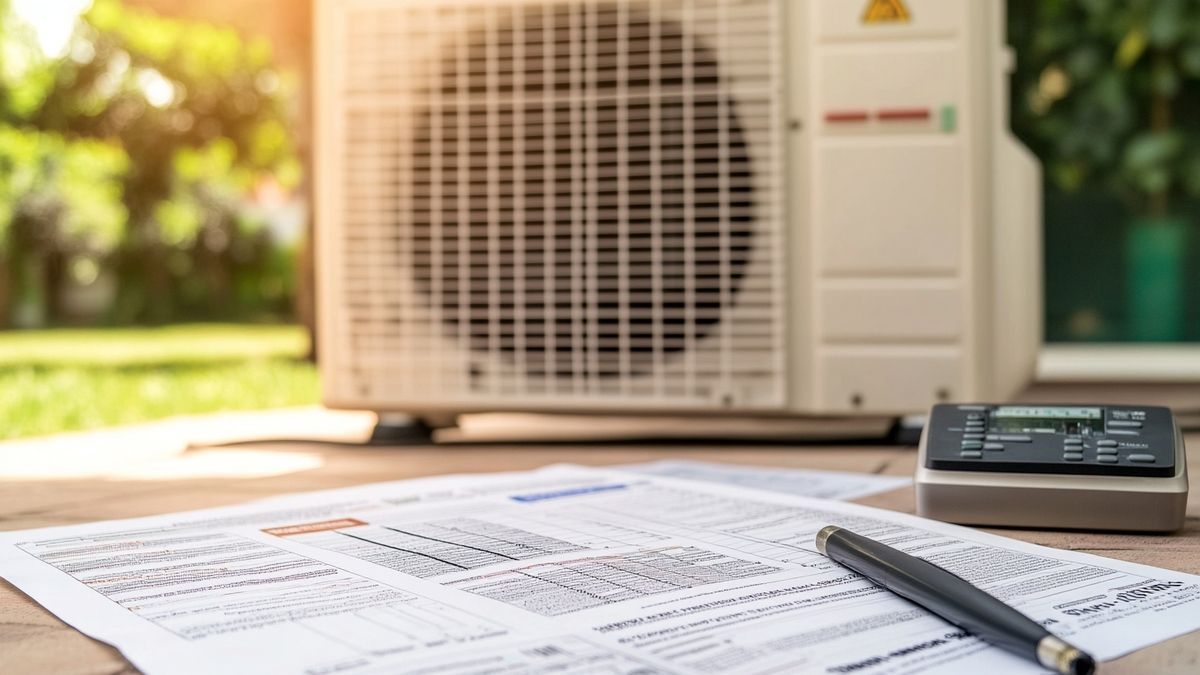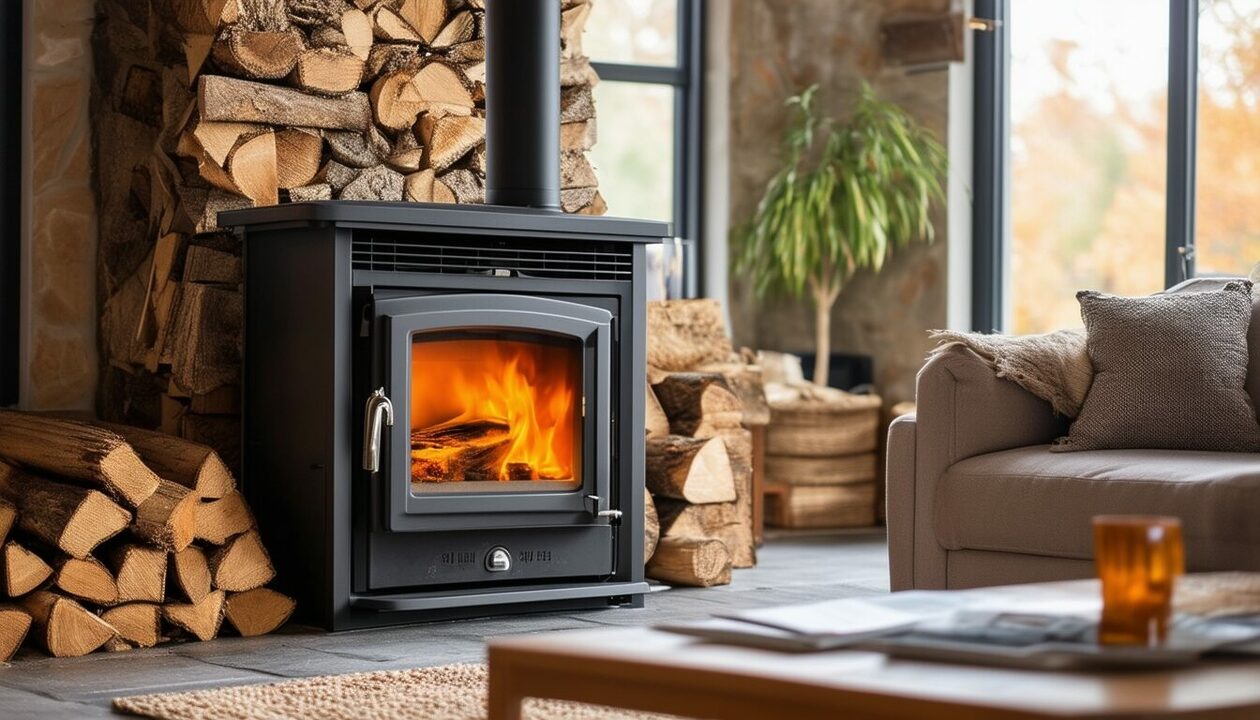The profitability of heating systems varies depending on several factors. Currently, the geothermal heat pump is often considered the most cost-effective, thanks to its superior energy efficiency. Among the different types of heat pumps, the hybrid heat pump also stands out, offering up to 41% savings. In terms of performance, the air/water heat pump is generally more efficient than the air/air version, making it a wise choice for maximizing energy efficiency. The investment costs for a heat pump may seem high at first, but the long term savings and a return on investment of around ten years make it an attractive option for many households. In short, although each system has advantages, the air/water heat pump and the geothermal heat pump stand out as the most cost-effective choices.
Today, more and more households are turning to economical and environmentally friendly heating solutions. Among these options, heat pumps stand out for their ability to provide thermal comfort while reducing energy bills. But which is really the most cost-effective solution among the different heating systems available? Let’s explore the options available together.
The different types of heat pumps
There are several varieties of heat pumps, the most common models of which are the air/water heat pump and the geothermal heat pump. The first takes advantage of the outside air to heat your interior, while the second uses the heat from the basement. In terms of profitability, it is often observed that the geothermal heat pump has a SCOP (coefficient of performance), which means it produces more energy for each unit of electricity consumed.
Long-term savings

Adopt a system of heating like the heat pump can lead to significant savings. According to recent studies, certain models can achieve up to 41% savings on heating bills, especially hybrid heat pumps which combine an air-water heat pump with other energy sources. Although the initial investment is significant, the return on investment is generally seen over the years, often from the start. decade.
Comparison with other systems
How is the heat pump compared to other heating solutions such as wood stove or gas heating? THE wood stoves, although efficient and often less expensive to purchase, do not generally achieve the profitability rates offered by heat pumps in the long term. They also require a regular supply of fuel. On the other hand, good maintenance of a pellet stove can ensure maximum efficiency and reasonable profitability.
Financial aid available

For those considering investing in a heat pump, financial aid schemes exist to reduce the initial cost. Government grants or tax credits are often available to encourage the adoption of energy-efficient heating systems. For more information on financial aid, you can consult this link.
Quick conclusion
In short, the heat pump, notably the model geothermal for its efficiency, could well prove to be the most profitable heating system in the long term. Whether it is a renovation or construction project, it is essential to take the time to evaluate all available options and obtain professional advice to make the choice best suited to your needs.
The choice of heating in 2024

| 🔍 | Most economical heating: Air/water heat pump |
| 💰 | Profitability of heat pumps: Hybrid heat pump with 41% savings |
| 📉 | Return on investment: Around 10 years for a CAP |
| 🏠 | Old house heating: Very efficient wood stove |
| 🏢 | Heating for apartment: Air/air heat pump as a cost-effective choice |
| 🌱 | Ecological heating: Pellet stove |
| 🚧 | Disadvantages of pellet stoves: Essential Maintenance |
| 📆 | Financial aid: Grants available for purchase |
| 🔥 | Choice of pellet stove: Efficiency and comfort |
| 💡 | Estimated budget: To be estimated according to model |



